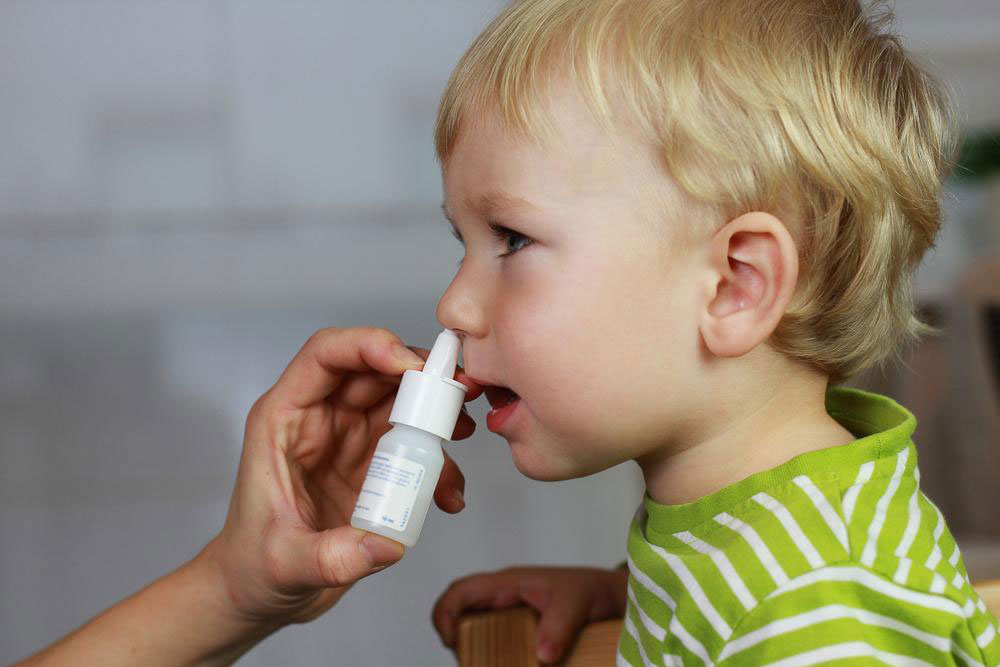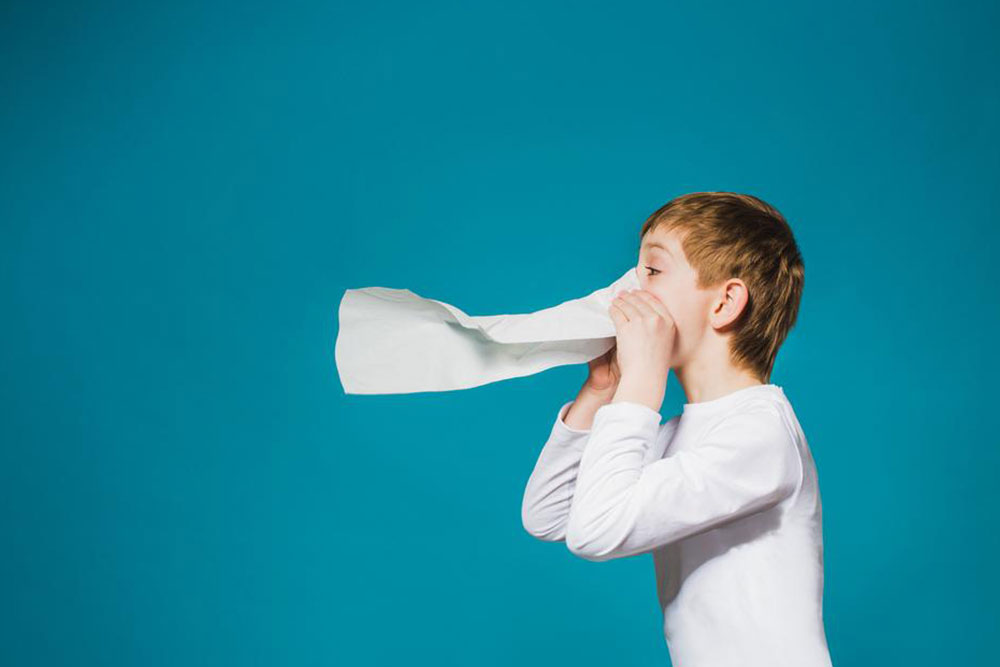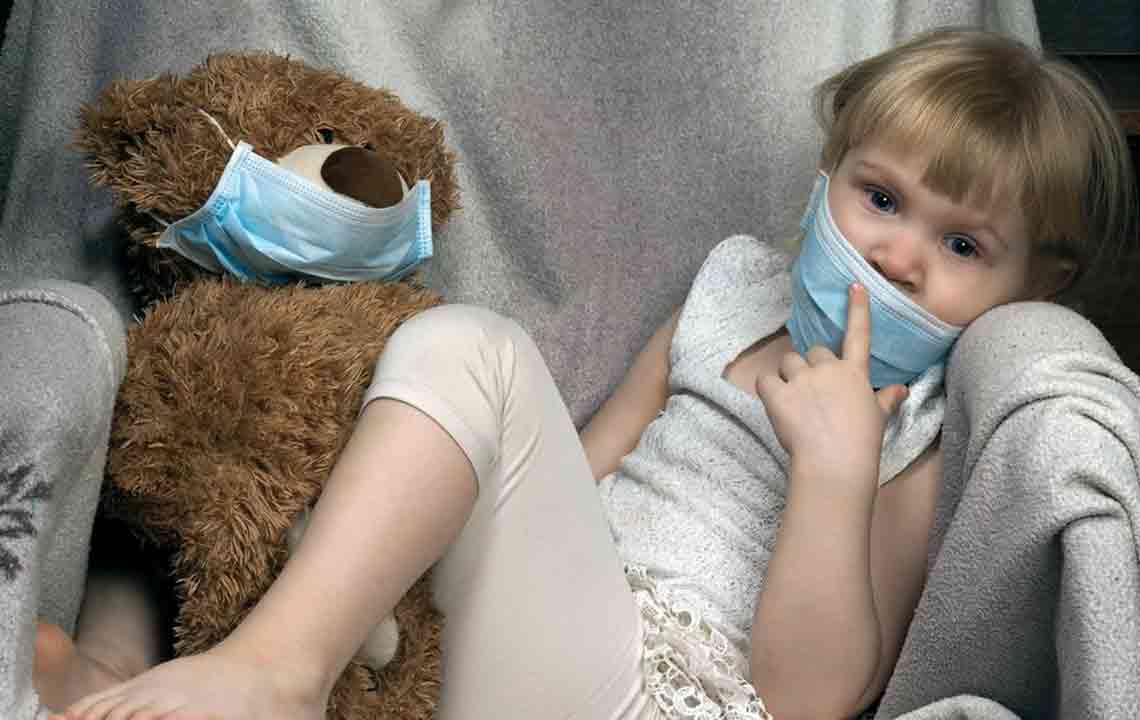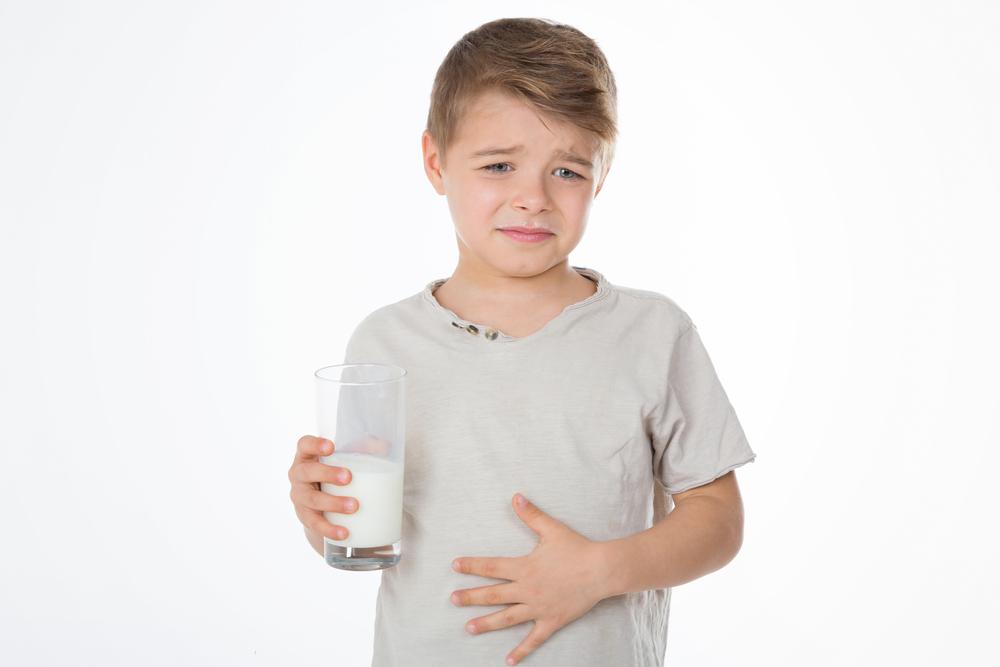Comprehensive Guide to Children's Allergy Treatments
This comprehensive guide explores various allergy treatments for children, including antihistamines, nasal sprays, eye drops, and dietary precautions. It emphasizes the importance of professional medical advice for safe allergy management in kids, highlighting common symptoms, allergen sources, and effective medication options for quick relief. Ensuring proper usage and understanding potential side effects helps parents care effectively for allergic children, minimizing health risks and enhancing their wellbeing.
Sponsored

Children's Allergy Management: Treatment Options
Children are more susceptible to allergies, primarily due to their developing immune systems, making them more vulnerable to food and environmental allergens. Common food allergies include milk, eggs, nuts, soy, wheat, and seafood. Identifying allergy symptoms early is crucial for effective management.
Typical Allergy Symptoms in Kids
Common signs include skin rashes, breathing difficulties such as asthma, nasal congestion, itchy or watery eyes, sneezing, stomach upset, and dizziness.
Frequent Allergens in Children
Outdoor allergens: insect bites, pollen from trees and plants
Indoor triggers: dust mites, mold spores
Pet dander from animal fur
Irritants: cigarette smoke, perfumes, vehicle emissions
Foods: peanuts, dairy, seafood, and more
Allergy Relief Medications for Kids
Children’s sensitivities necessitate careful selection of allergy medications. Here are commonly prescribed options:
Antihistamines
These drugs block histamine release, alleviating symptoms like runny nose, sneezing, and congestion. They work quickly and are suitable for mild allergy cases, especially during allergy seasons.
Cetirizine (Zyrtec)
Diphenhydramine (Benadryl)
Fexofenadine (Allegra)
Loratadine (Claritin)
**Important considerations:**
Short-acting antihistamines may require dosing every 4-6 hours.
Long-acting variants are typically taken once daily, every 12-24 hours.
Watch for side effects like dry mouth and drowsiness; ensure proper hydration.
Nasal Sprays
Steroid-based nasal sprays reduce nasal swelling and are highly effective for stuffy or blocked noses. Using these prophylactically during allergy seasons can prevent symptom escalation.
Flonase
Nasacort OTC
Rhinocort
NasalCrom
Always follow the prescribed usage instructions for nasal sprays.
Eye Drops
For itchy, watery eyes caused by allergies, antihistamine or mast cell stabilizer eye drops help reduce discomfort.
Zatidor
Visine-A
Opcon-A
Adhere to the recommended application guidelines to ensure safety and efficacy.
Food Allergies
Avoiding allergenic foods is critical. If accidental consumption occurs, seek immediate medical assistance. Proper dietary management can reduce health risks associated with food allergies.
These allergy treatments offer quick relief, but consulting a pediatrician before administering any medication is essential. Never self-medicate your child—professional guidance ensures safe and effective management.
Always consult your child's healthcare provider before introducing new foods or medications to ensure safety and proper care.





